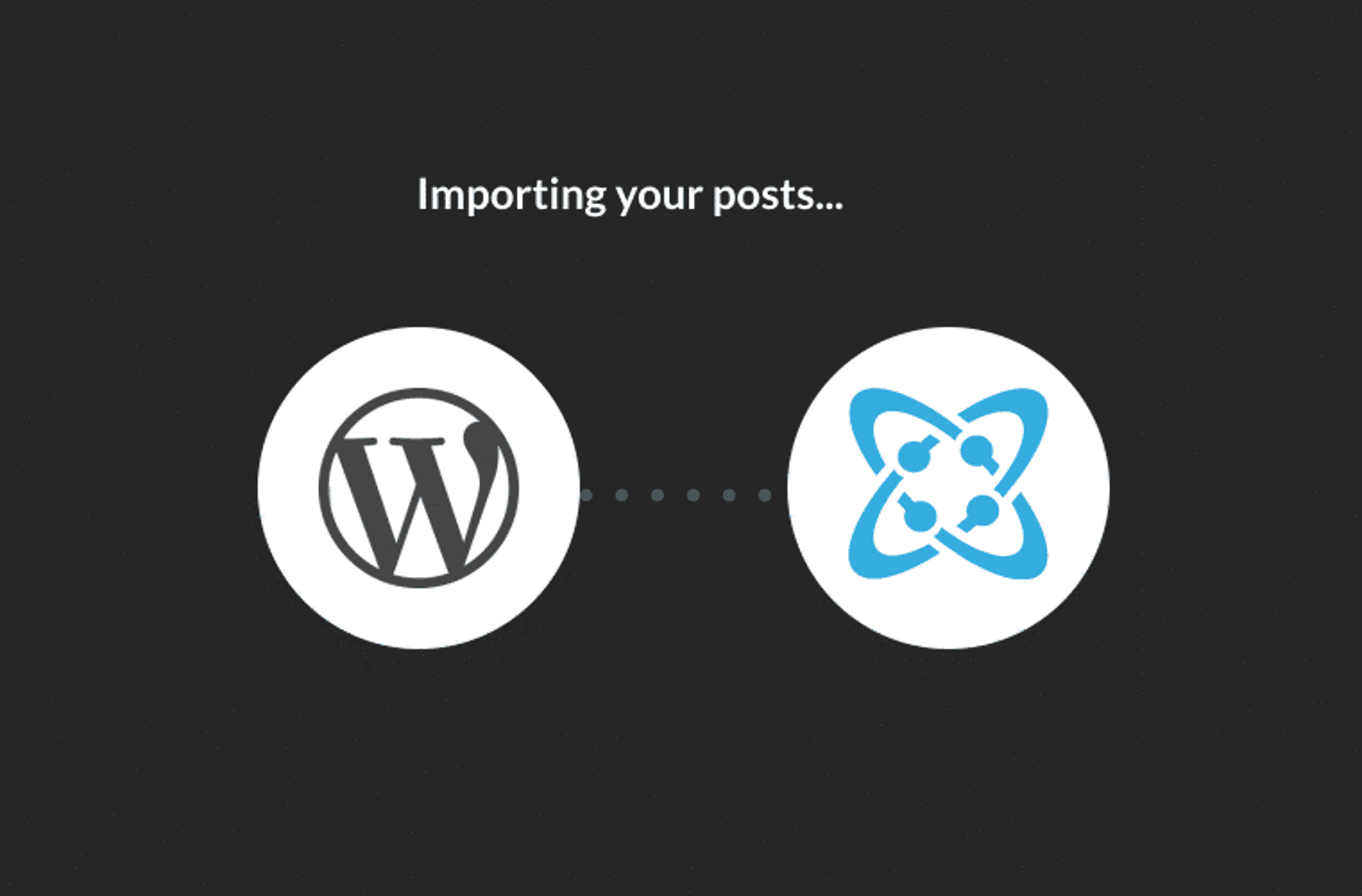544 reads
Migrating Content from WordPress to Cosmic JS
by
March 1st, 2019

Director of Sales @ Preciate Formerly Co-Founder @ Cosmic JS Y Combinator W19 Batch
About Author
Director of Sales @ Preciate Formerly Co-Founder @ Cosmic JS Y Combinator W19 Batch
